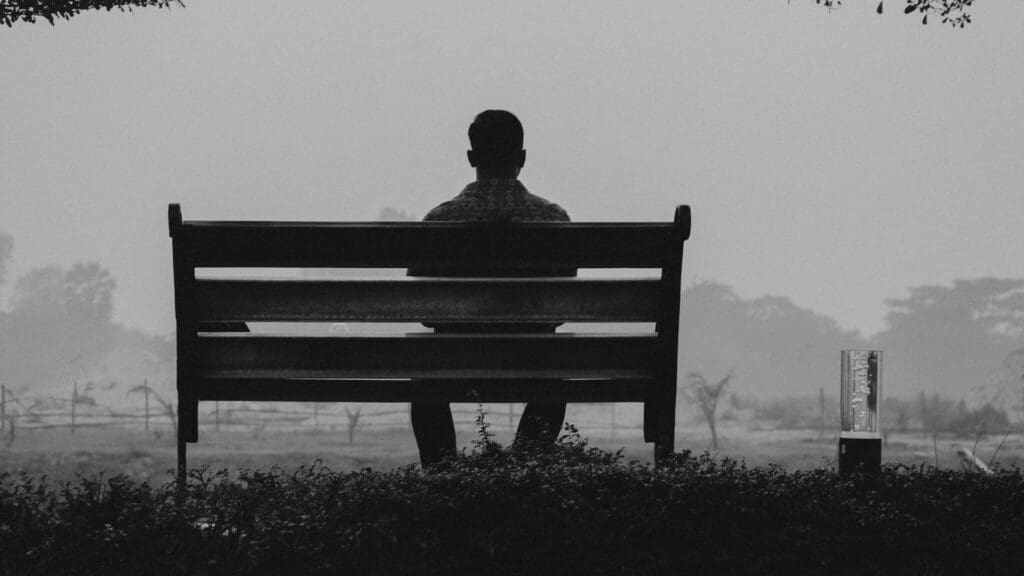February Loneliness Insight
Loneliness isn’t just experienced by those of us that are alone, it can also be experienced by those surrounded by loved ones. It can be seen as a warning that you may become isolated, that your relationships or lack there of, are not providing meaningful companionship. Though, what causes loneliness for each individual is more often subjective, understanding what makes you feel lonely is going to be your first step to coping and improving.

(ref: AZPM)
Tips to help cope with loneliness:
Take advantage of alone time
- Sometimes we can’t avoid being alone, but we can avoid overthinking. Keep yourself productive to increase dopamine, increase your mood and reduce feelings of loneliness.
Avoid comparisons with others
- With the prevalence of social media, we are constantly exposed to the lives of others. It is important to understand that what we see if just a glimpse of a moment in time, which may not even be real.
Work on social connections
- A fundamental step to coping or reducing your loneliness is to have meaningful social relationships. Be patient, understand what you need out of a relationship, and most importantly be proactive in the process.
It is more important than ever to understand what makes you feel lonely. Despite being more connected with social media, online interactions appear to be causing more loneliness than preventing it. This may be in part to the quality of interaction, comparisons with others, and the glaring lack of real physical human contact. The American Medical Association (AMA), attributes the effect of social media on loneliness to a lack of positive interactions with others, as well as the expectation of acceptance. [1]
Take some time to look at the things you do in your everyday life, and how they could be affecting your mood. You may discover that things you first thought to have a positive effect, adding to your feelings of loneliness.
References:
- Berg, Sara (2023) What doctors wish patients knew about loneliness and health, American Medical Association. Available at: https://www.ama-assn.org/delivering-care/public-health/what-doctors-wish-patients-knew-about-loneliness-and-healt (Accessed: 7 February 2025).
- Coping with Loneliness (2025) CMHA British Columbia. Available at: https://bc.cmha.ca/documents/coping-with-loneliness (Accessed: 7 February 2025).
